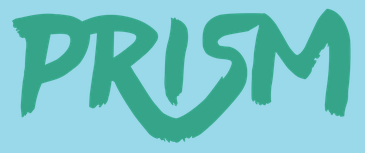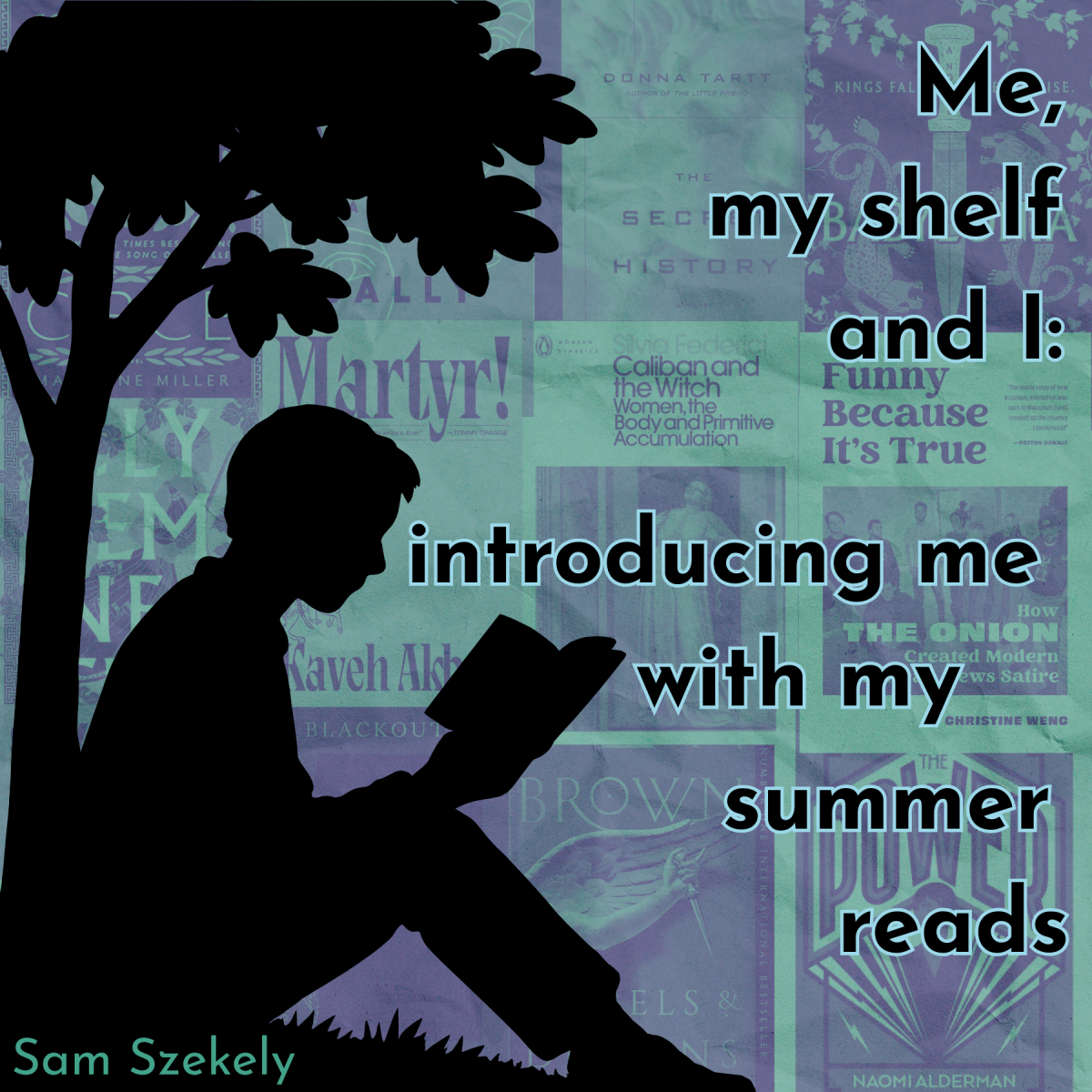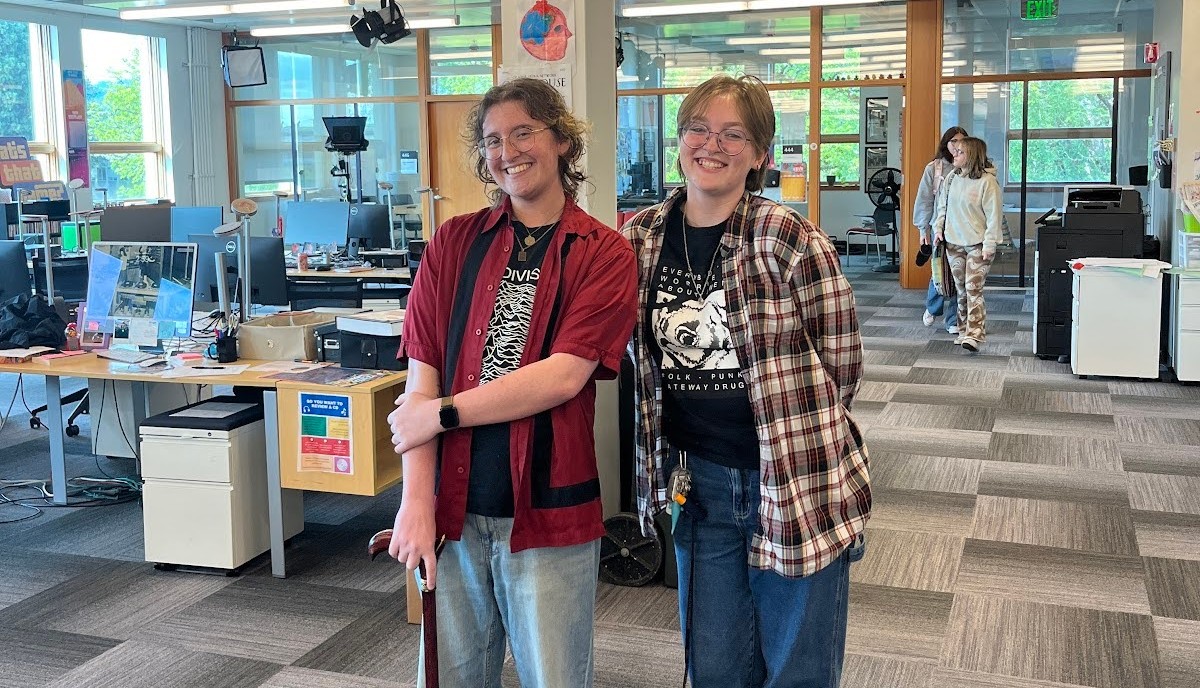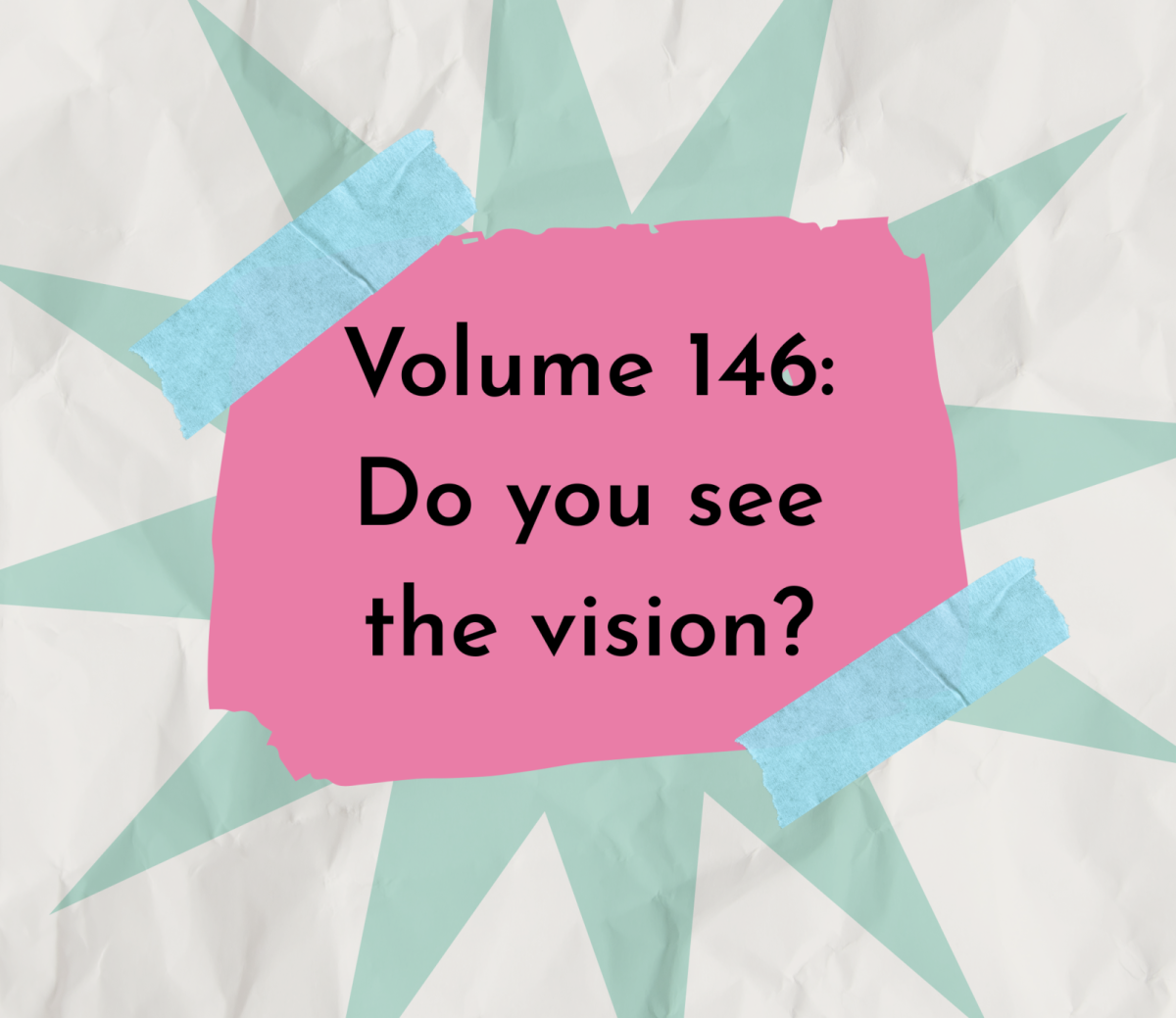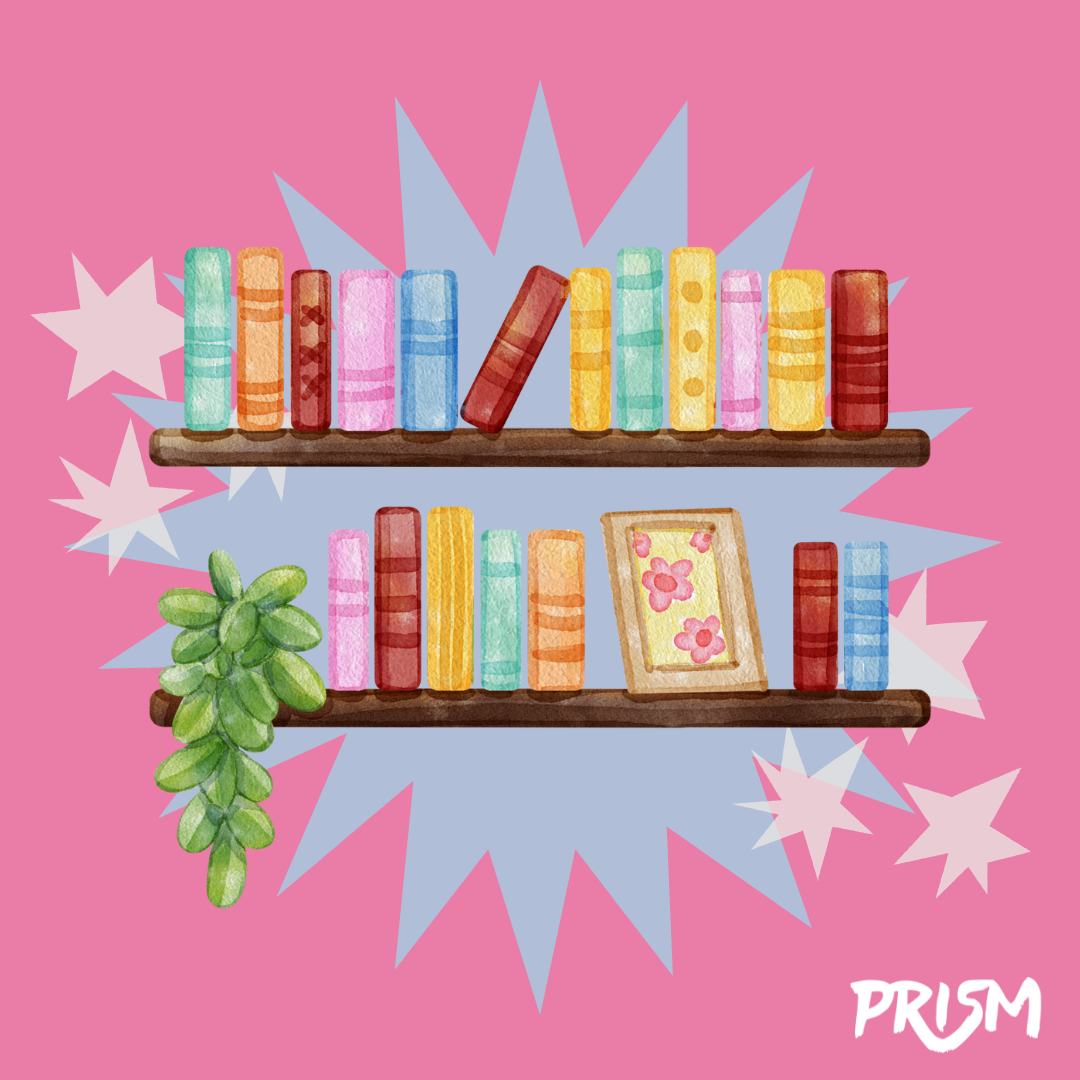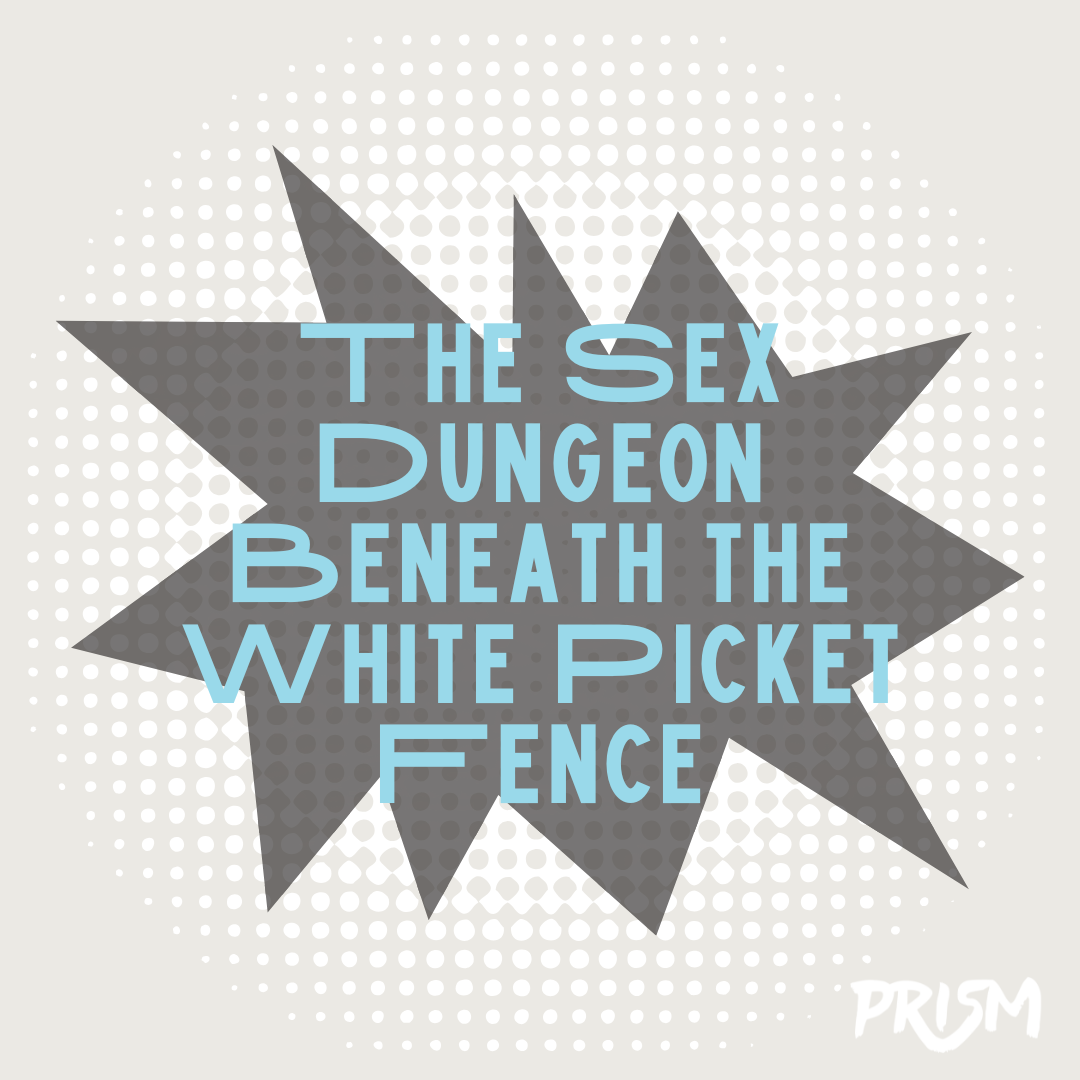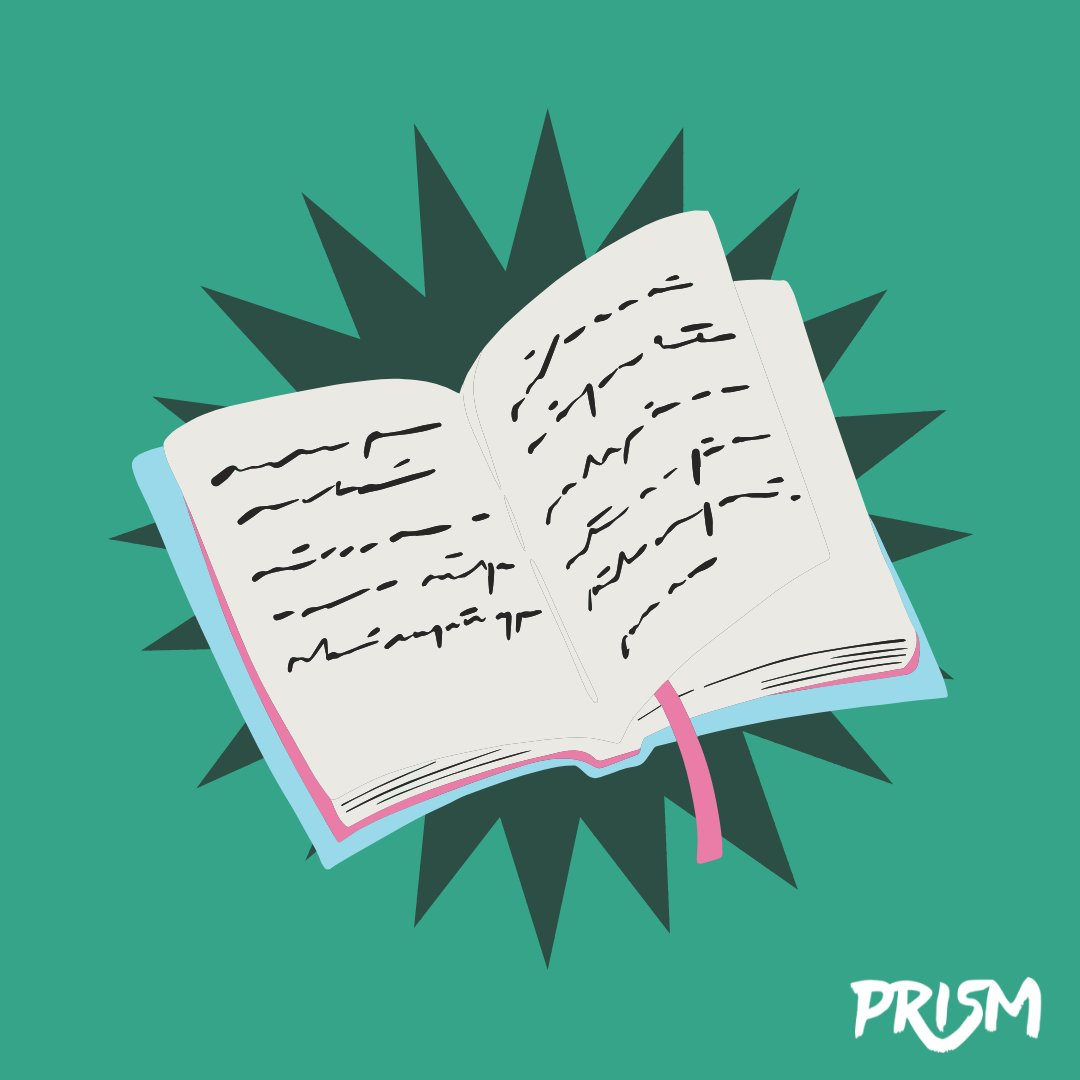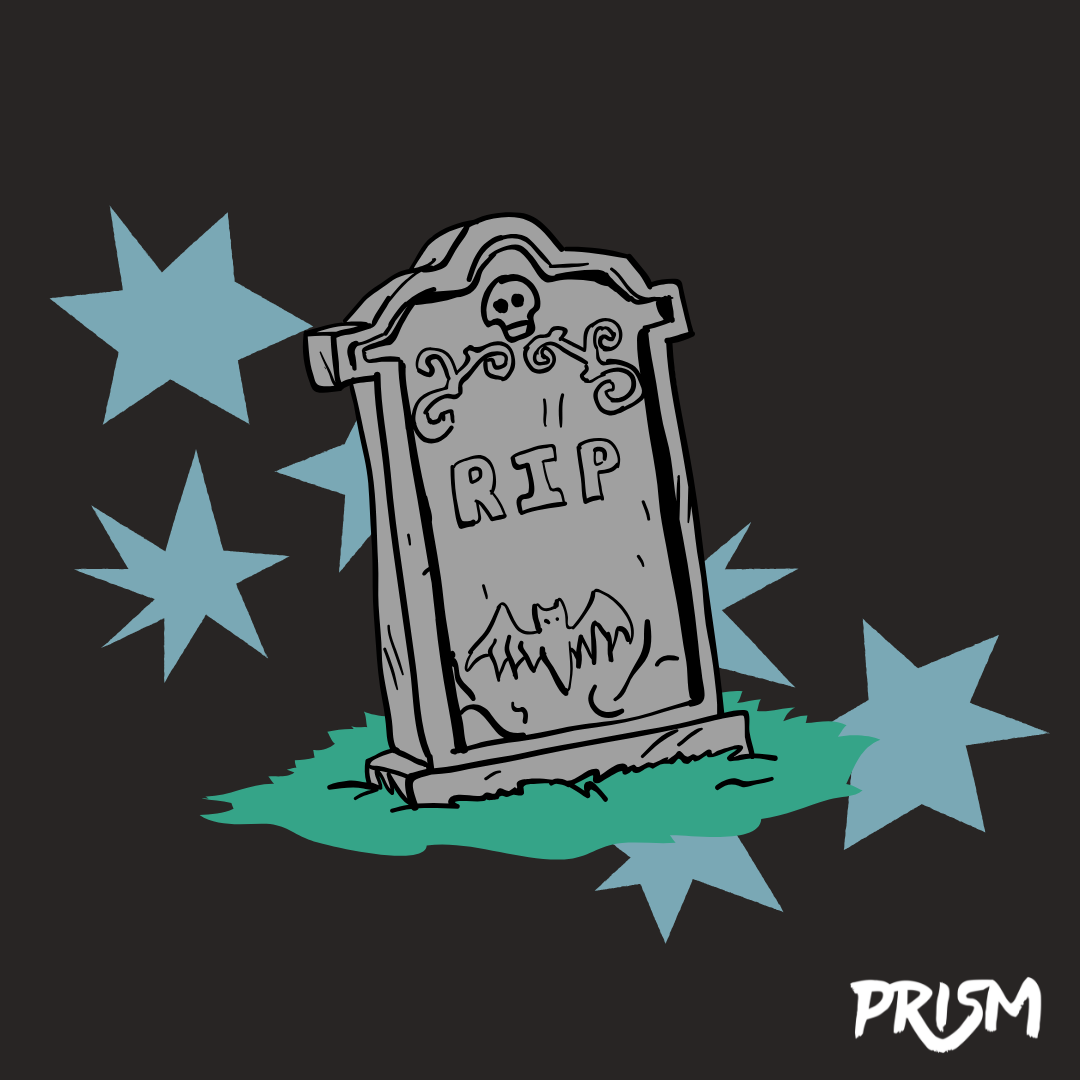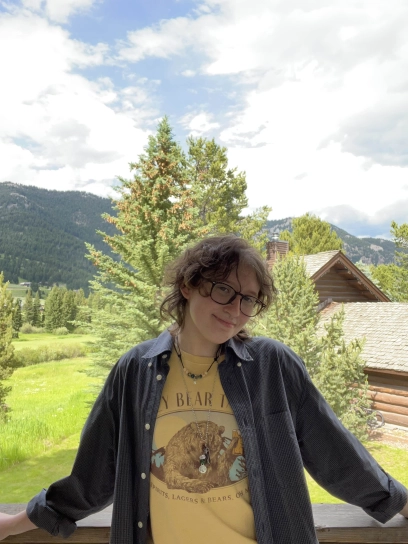Welcome to a new(ish) year, Beavs! Thank you to my assistant editor Tate for the introduction in Week 1. I’m so excited to brave this year together and highlight the beautiful arts culture on campus. For those who haven’t had a chance to read our first blog post of the year — which you totally should — my name is Sam Szekely and I am Prism’s editor-in-chief this year.
Now personally, I am an autumn person through and through. However, the early days of fall inevitably bring a certain melancholy nostalgia for the warmer weather and looser sleep schedules. With that in mind, I wanted to celebrate the summer’s end while still offering you all a chance to get to know me. Thus, here’s a little peek at everything I read over the break! In total, I read 15 books (one of which, I will not be reviewing), with 14 read as an audiobook and one as a paperback.
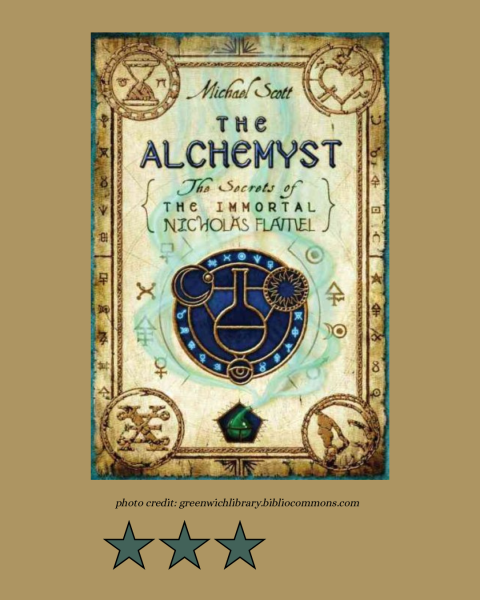
The Alchymist by Michael Scott
Two teenagers in the 21st Century find themselves in an age-old battle between Nicholas Flamel and a mysterious man named John Dee who has stolen Flamel’s key to eternal life.
I feel like I should preface this by saying that I know this book isn’t exactly “high art.” It’s a 20-year-old middle grade book about, well … alchemy. However, the sixth book in this series has sat unread on my parents’ nightstand for over a decade now, as they were unaware when they got it for little me that it was a series and not a stand alone book. So after all these years I finally got around to going back and reading the books because having a TBR list that’s over half your age is a little embarrassing. But overall, it was fun for what it was. It wasn’t life-changing, but it was nostalgic, and I will always eat up a story involving mythology and folklore (a theme you will soon see).
Clytemnestra by Costanza Casati
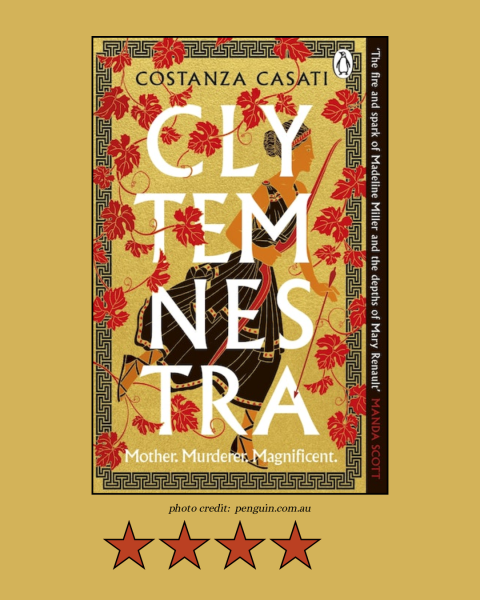
A retelling of the House of Atrius as featured in Homer’s writing. Long portrayed as the pinnacle of treachery, Clytemnestra and others living under the thumb of Agamemnon are given the chance to tell their story with a more modern feminist perspective.
I told you there would be a theme. Last year, I went on a massive binge of modern retellings of the Greek myths and somehow missed this book, which is wild considering its popularity among the bookish corners of the internet. With that said, I came in not expecting anything all that different from other retellings about the House of Atrius I had read (such as “Elektra” by Jennifer Saint or “House of Names” by Colm Tóibín). However, I was pleasantly surprised to find a truly fresh take on the story, including a queer interpretation of a character and the intertwining of Tantalus in the book’s series of events. Overall, an easy and enjoyable read, perfect for a beach day.
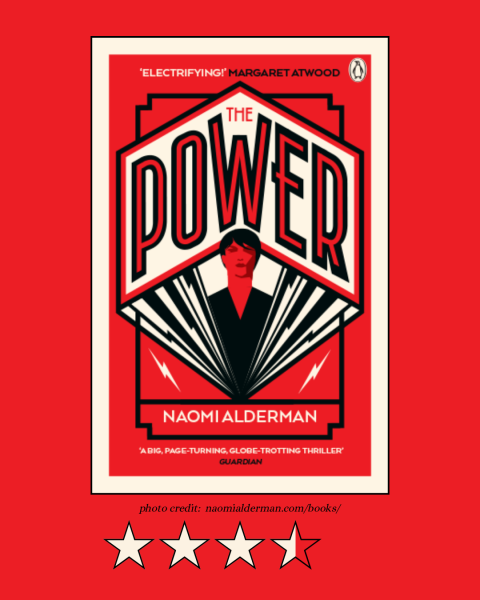
The Power by Naomi Alderman
One day, women around the world wake up to find they can conduct electricity in their hands at will. With a unique stylistic approach, the book explores the biological, cultural, and anthropological implications of institutionalized violence against women
The formatting of this book is literally so fascinating! It’s told using a variety of media (e.g. letters, educational museum plaques, sermons, first-person recounting of events) spanning tens of thousands of years. Alderman explores so many interesting concepts and offers a wide variety of perspectives that all intertwine in an interesting way. There are a few sections that I personally feel drag on or are too short. Additionally, certain conclusions feel wishy-washy or a bit too neo-liberally lukewarm for the topics being explored. I personally think her newest book, “The Future,” is much stronger in its commentary. But overall, it’s definitely worth a read! It’s the kind of book I wish I could pick apart in a class.
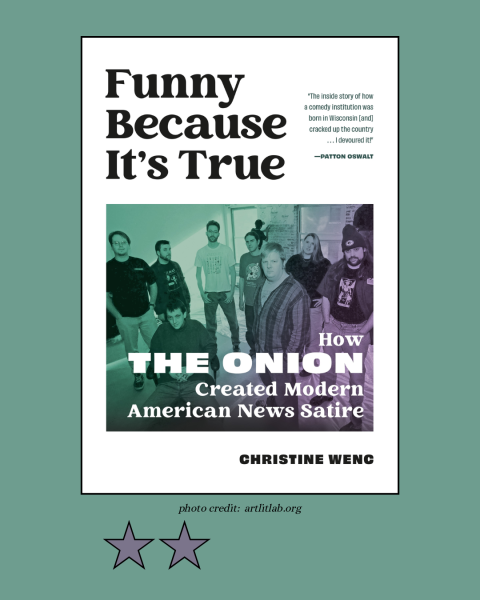
Funny Because It’s True by Christine Wenc
One of the founding writers of the satire newspaper The Onion offers a timeline of the publication’s history and the people who made it happen
I was so bummed that I didn’t enjoy this more because I love The Onion and satire news in general, but honestly, after the first third of the book, it read more like a Wikipedia page listing. Maybe I’m just bored by the day-to-day inertia of running a business, but it seemed like the same problems were being reiterated over and over again. The first third of the book was pretty interesting, and I appreciated the exploration of the difficulties of keeping a growing independent business independent.
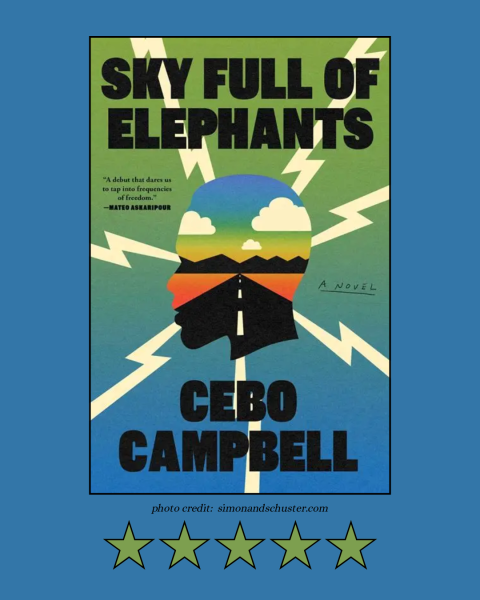
Sky Full of Elephants by Cebo Campbell
One day, every white person in the world abandons what they’re doing and drowns themselves in the nearest body of water. A man recently released from prison takes a journey to find his estranged daughter and reckon with identity amidst a new reality.
Oh. My. God. This book is beautiful and brilliant and I need everyone to read it! While reading I kept thinking that this book is going to be a classic in 20 years. Not only is the concept compelling, but the themes and motifs are incredibly thoughtful. Campbell’s prose at times felt like Toni Morrison for the 21st Century while still maintaining a unique and independent voice. This is yet another book that I would really love to take a class on. It blends literary and science fiction seamlessly and balances action with self reflection. Just an all around masterpiece that offers a nuanced examination of identity and race.
The Secret History by Donna Tartt
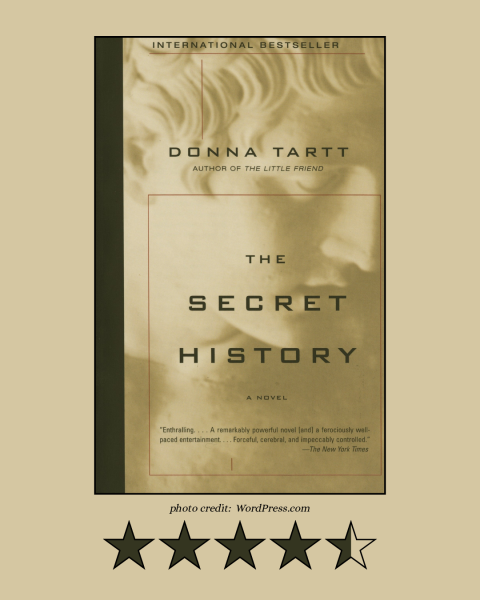
A young man from a working-class background attends a New England liberal arts college where he gets caught up in the mystique of a small group of rich Classics majors and their charismatic professor. But obsessions begin to loosen the friends’ grip on morality.
Okay, so I’ve read most of this book like half a dozen times but for whatever reason never managed to get to the end. I finally picked up the audiobook version and read through and of course it was amazing! Having transferred from Tartt’s alma mater (the school on which the fictional Hampton College is based) it feels a bit sacrilegious to admit I’ve just now finished reading it in its entirety. For those who haven’t heard of this book, it pretty much invented the “dark academia” genre and is a fascinating character study. This is a book that lives up to the hype but I personally think it is better experienced in audio format.
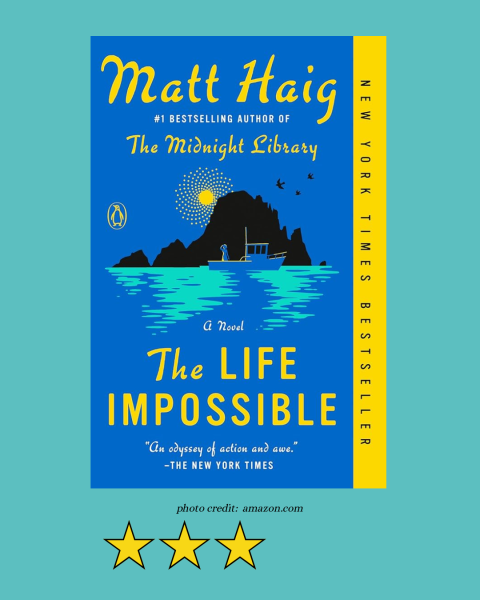
The Life Impossible by Matt Haig
Widow Grace Winters unexpectedly inherits a beach house in Ibiza after a friend she hasn’t seen in decades dies mysteriously. Moving to the island with no real plan, she only wants answers. But when a jar of seawater does the impossible, Grace must reckon with her past and the future.
This might be my most controversial take, but I actually really enjoyed this book. As my assistant editor Tate discussed in their post about “The Midnight Library,” Haig is an interesting figure and primarily committed to his weird self-help grift. Additionally, the politics of this random white woman moving to a small island community to Save The Day is dubious. However, at face value the book is a whimsical exploration of grief and guilt amidst an ecology threatened by climate change and capitalism. I’m also just a sucker for this type of magical realism so I realize that I may be a bit biased.
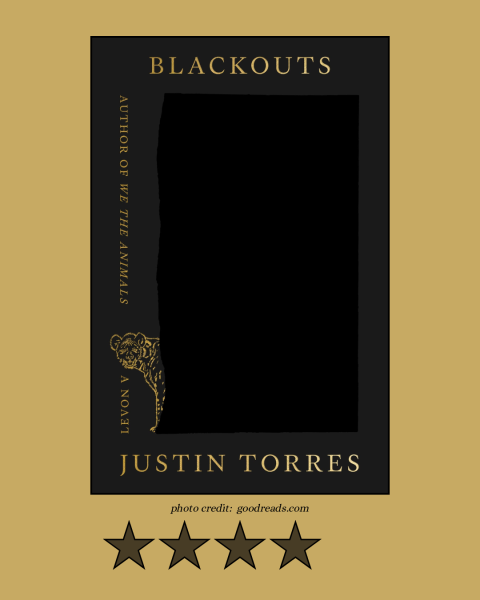
Blackouts by Justin Torres
A young man cares for a dying institutionalized soul who must exorcize his life story and life’s work — a project usurped, weaponized, then buried. “Blackouts” gives a fictionalized and abstracted recounting of Jan Gay’s 1941 study “Sex Variants: A Study in Homosexual Patterns.”
This book has received a lot of hype and won the 2023 Book Awards for Fiction, all for good reason! Its saccharine prose is incredibly moving and the experimental style of melding fiction with historical record, characters with real figures, makes for an almost hypnotic read. Scattered throughout the book are photos and blackout poems made from real medical records of participants in the “Sex Variants” study. I will say, this is a highly literary piece and at times a bit confusing due its nonlinear structure and abstract prose. Once again, I wish I could read this for a class and get an analysis from someone smarter than me (can you tell I’m a Writing major?) Additionally, I read this as an audiobook and I really wish I didn’t! This is a highly visual book and while the audio format did not hinder my understanding, if you are able, I would recommend reading a physical copy.
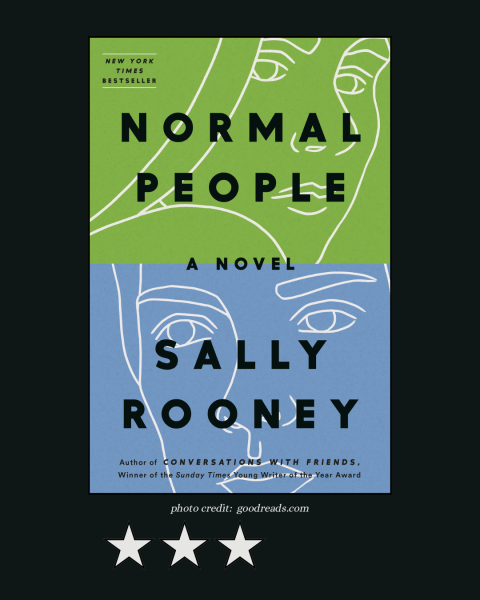
Normal People by Sally Rooney
In high school, Connell and Marianne are vastly different people who secretly find refuge in each other. A year later, both at Trinity College, the tables have turned. Estranged but constantly orbiting each other, Connell and Marianne must decide if loving each other is enough.
I’m not really into romance novels, but I felt I couldn’t avoid this book any longer, and honestly, I enjoyed it quite a lot. I found the characters compelling and the prose elicits a certain aching melancholy that I don’t mind indulging in every now and again. With that said, it was sometimes a bit infuriating, because almost every single conflict could have been resolved by these two literally just talking to each other. I hate the whole miscommunication (or no communication) trope! Like put on your big boy pants and have a conversation. Also without spoiling anything, I found the ending unsatisfying and abrupt. Overall, it was definitely worth the read, though I don’t know if I’d ever bother rereading it.
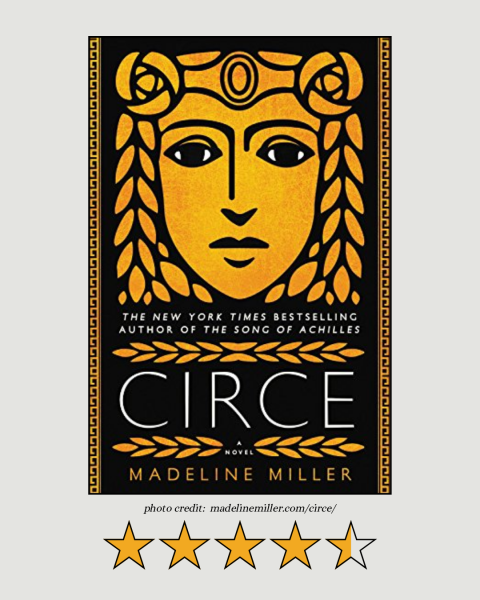
Circe by Madeline Miller
A retelling of Homeric myth from the perspective of the witch, Circe. Particularly central is focusing on what it means to be a woman with power in the ancient world.
Madeline Miller is brilliant and everything she writes is beautiful. Her work has been hugely influential in introducing Greek mythology to this generation (along with my man Rick Riordan). Circe holds the same beautiful prose we see in her first book “Song of Achilles.” We get a chance to deeply sympathize with a character often maligned by male narrators and it forces readers to reflect on the sexual violence littered throughout the so-called “Western canon.” However, I personally did not find it as engaging as “Song of Achilles” and actually didn’t finish it the first time I tried reading it. But honestly I think that was a me problem.
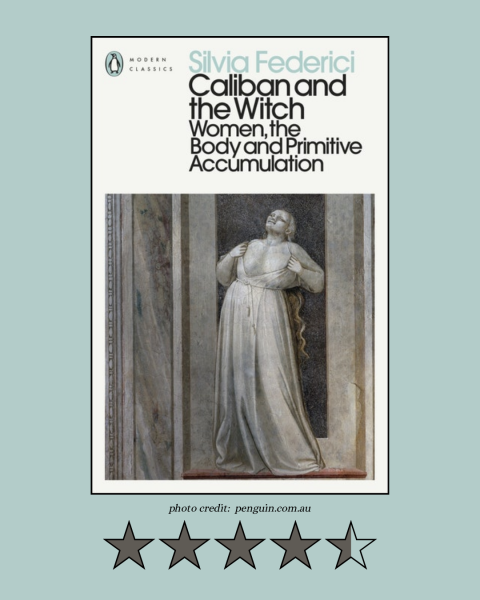
Caliban and the Witch by Silvia Federici
A nonfiction book of feminist political theory. Generally, it argues that the witch trials were the ultimate manifestation of systematizing women’s bodies into machines to devalue their labor, a process necessary to push the adoption of waged labor onto serf men during the transition from feudalism to capitalism.
Originally, I read this book for a class. I found it incredibly interesting and really enjoyed the conversation it sparked. However, I read a digital version the first time around and honestly didn’t have as much time as I wanted to sit with it. So, I eventually bought a copy and spent this summer working my way through it and digesting everything. The argument is fascinating and offers a lot of historical information, as well as engaging with other political theorists that have come up in classes I’ve taken. The language is pretty accessible for being a more academic text but it is dense enough that it might be hard to get through if you aren’t particularly interested in history. However, in more recent years Federici has expressed some pretty gross sentiments about trans people that should not be tolerated. This feels ironic considering her framework applies really well to support trans liberation, but maybe get a copy of the book second hand. Overall though, this is one of my favorite reads of the year and I need everyone to be as obsessed with it as I am haha.
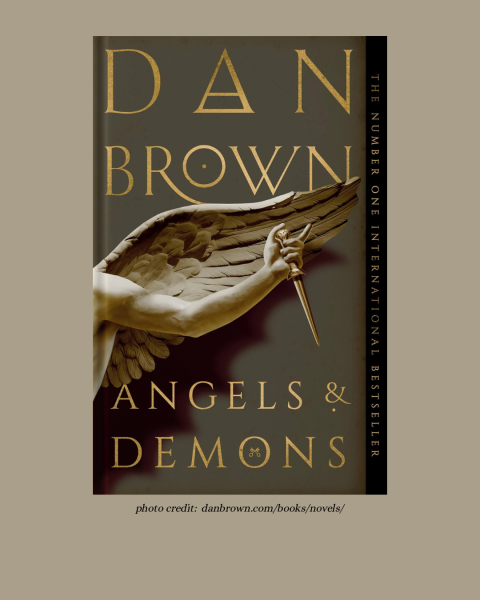
Angels and Demons by Dan Brown
A top level scientist invents a technology that proves the existence of God before he is murdered by a group claiming to be the pro-science Illuminati. A symbologist must answer ancient riddles in order to prevent the Vatican from being bombed by the same group.
BOOOO! NO STARS! TOMATO TOMATO TOMATO! Okay so in my defense, I saw the Da Vinci Code like once in middle school and in my brain it was just National Treasure: European Edition. Going in knowing only that, I planned on reading Dan Brown’s whole series because I figured the books are always better than the movies, but boy was I wrong. Not that the movies were all that good in retrospect. The basis and execution of this whole thing is so grossly racist and dumb that even admitting I read this is deeply embarrassing. The only reason I finished it was because I thought it would ultimately turn into a critique or that it was being satirical, but alas… Additionally, the prose is painful to read with a straight face and the narrator is deeply unlikable and so misogynistic that it makes you want to crawl out of your own skin a little bit.
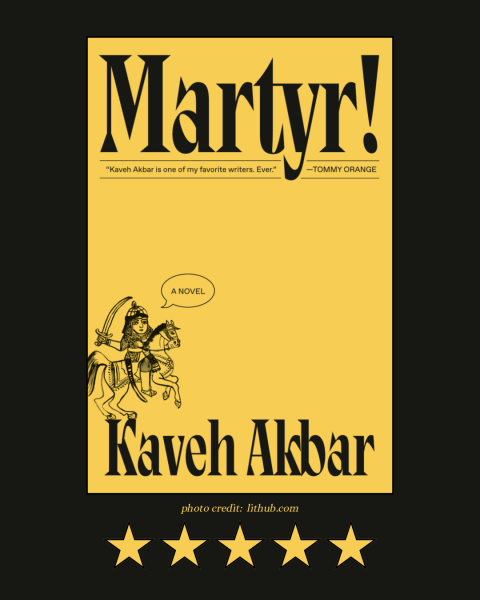
Martyr! by Kaveh Akbar
As a child, Cyrus’ mom was murdered when the US military ordered an illegal airstrike on a civilian passenger plane. Now a young adult in America, he is guided by a dying Iranian artist as he grapples with sobriety, identity, and what it means to die a meaningful death.
This book is so incredible! Like I cannot sufficiently articulate how beautiful it is. I want to read this book over and over again. Although mainly following Cyrus, the book weaves in the stories of many other people, particularly people living in Iran during the revolution, as well as including excerpts from a book our main character is writing. It’s not quite stream of consciousness, but the prose is deeply reflective and always connects the past with the present. There is a hunger for self understanding looming over the whole piece that just deeply hits emotionally. I also appreciated that, despite being a deeply internally focused novel, you never want for action, and are sucked into the dramas of these characters’ lives.
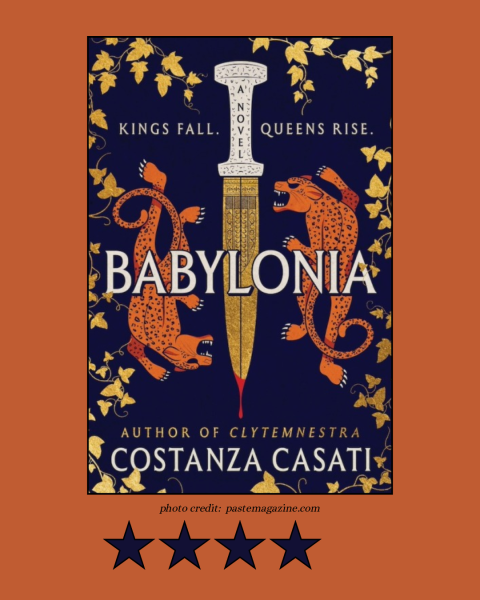
Babylonia by Costanza Casati
A fictionalized retelling of the story of Semiramis, a real ancient Mesopotamian queen enshrined in myth. One of the only female rulers of Assyria, her rise to power and time as queen is rumored to be legendary but ultimately, has largely been wiped from the historical record.
I was so excited to see a historical retelling novel that focuses on Ancient Mesopotamia! As a lifelong nerd for ancient civilizations, the lack of media and cultural attention to Mesopotamia is so sad, especially because it is like one of the few things that stuck in my brain from elementary school world history. But the novel itself is pretty compelling, though not wildly different from your typical myth retelling novel. I enjoyed the queer representation and the time given to examining how gender and sexuality were viewed differently in this specific ancient culture. Also I loved the inclusion of the “cunning eunuch” archetype. Overall super fun and I loved the new cultural focus, though not particularly revolutionary.

